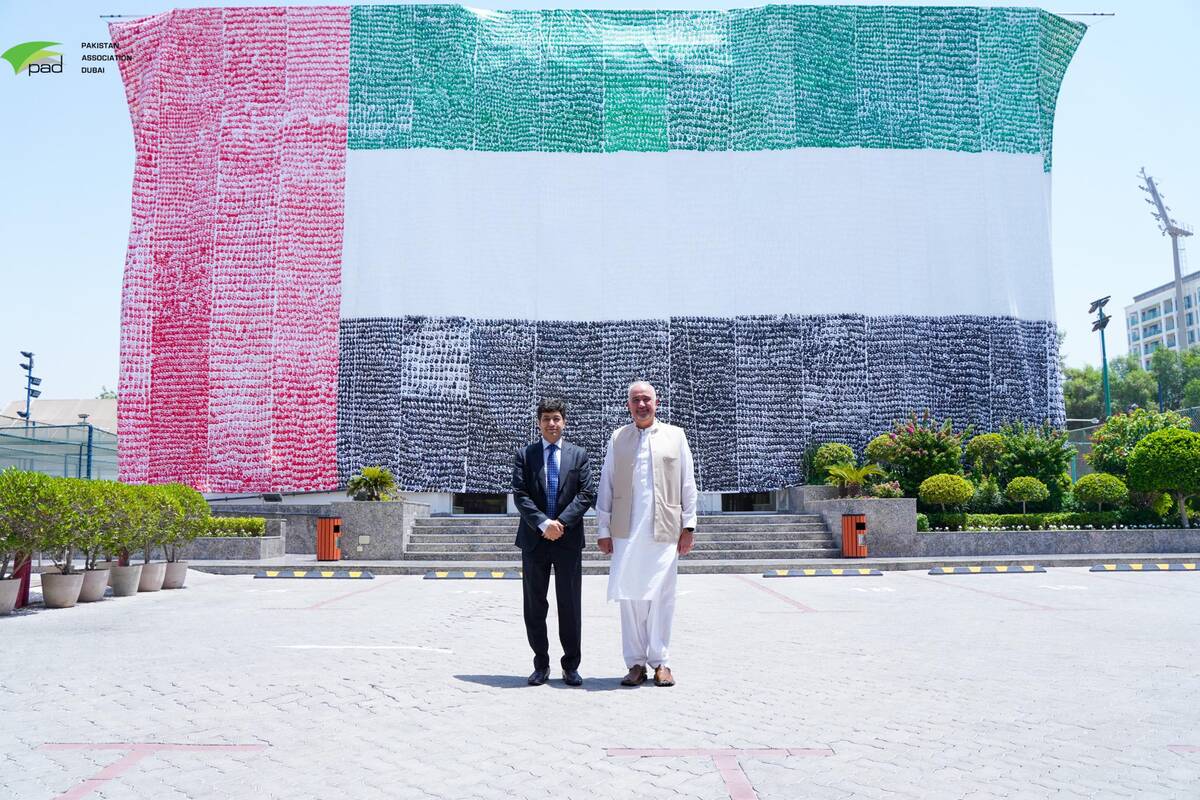KARACHI: Pakistan’s economy is going to record a negative 0.38 percent growth rate in the current fiscal year, as its usual drivers — the industrial and services sectors — have been stalled by the coronavirus outbreak.
On Monday, the Ministry of Planning and Development said that the country’s gross domestic product (GDP) had been estimated at $264 billion in the current fiscal year 2020-21, compared with $279 billion in 2019-20.
“The minus growth after decades, in fact, after 68 years, will mean among many other things more debts to fund all the expenses. Many of which are inevitable. For example, debt servicing, defense, civil administration and social services,” Dr Ikram Ul Haq, a Lahore-based senior economist, told Arab News.
He added that it may pose a threat to the national security on the back of increasing debt burden.
"Our tax system at federal and provincial levels is not yielding even to meet current expenses ... unless the fundamental structural reforms are not made, the country will be pushed toward a level where debt non-sustainability will pose a threat to national security," he said.
Another expert believes that the slower growth could harm social funding.
"The immediate impact would be that no more funds would be available to spend on social sectors ... It seems that there would be no major revenue collection and that would impact sectoral allocation next year," Dr Vaqar Ahmed of the Sustainable Development Policy Institute (SDPI) told Arab News.
He added that the authorities are planning to boost tax collection and target tax evaders.
"Extensive data mining by the FBR (Federal Board of Revenue) is going on for the identification of those who have submitted low tax against liabilities or remain out of the tax net, including those who availed amnesty. An audit of large taxpayers is also an option," Ahmed said.
The agricultural, industrial and services sectors posted 2.67 percent, -2.64 percent, and -0.59 percent growth, respectively, while the manufacturing sector recorded a -5.56 percent growth rate, mainly due to COVID-19 related lockdowns of industrial units.
The wholesale and retail trade sector posted negative 3.42 percent growth, while transport, storage and communications shrunk to negative 7.13, according to the National Accounts Committee.
Though the per capita income for 2019-20 has increased in rupees to Rs 214,539 for 2019-20 showing a growth of 8.3 percent over Rs198,028 in 2018-19, in dollar terms it has shrunk to $1,271 from $1,363 due to currency devaluation.
Economists say the developments could result in dire consequences for the country, which is already reeling from the impact of COVID-19-related unemployment.
“Massive unemployment, shrinking income and rising poverty are some outcomes which are expected. For the common man, it means miseries and disillusionment. Lower growth is going to force the government to seriously consider that reforms are the only option," Dr Haq said.

















